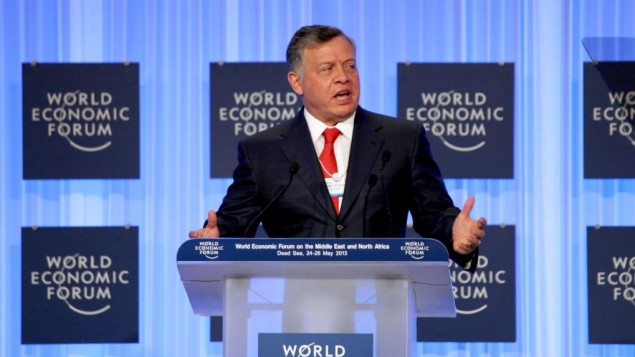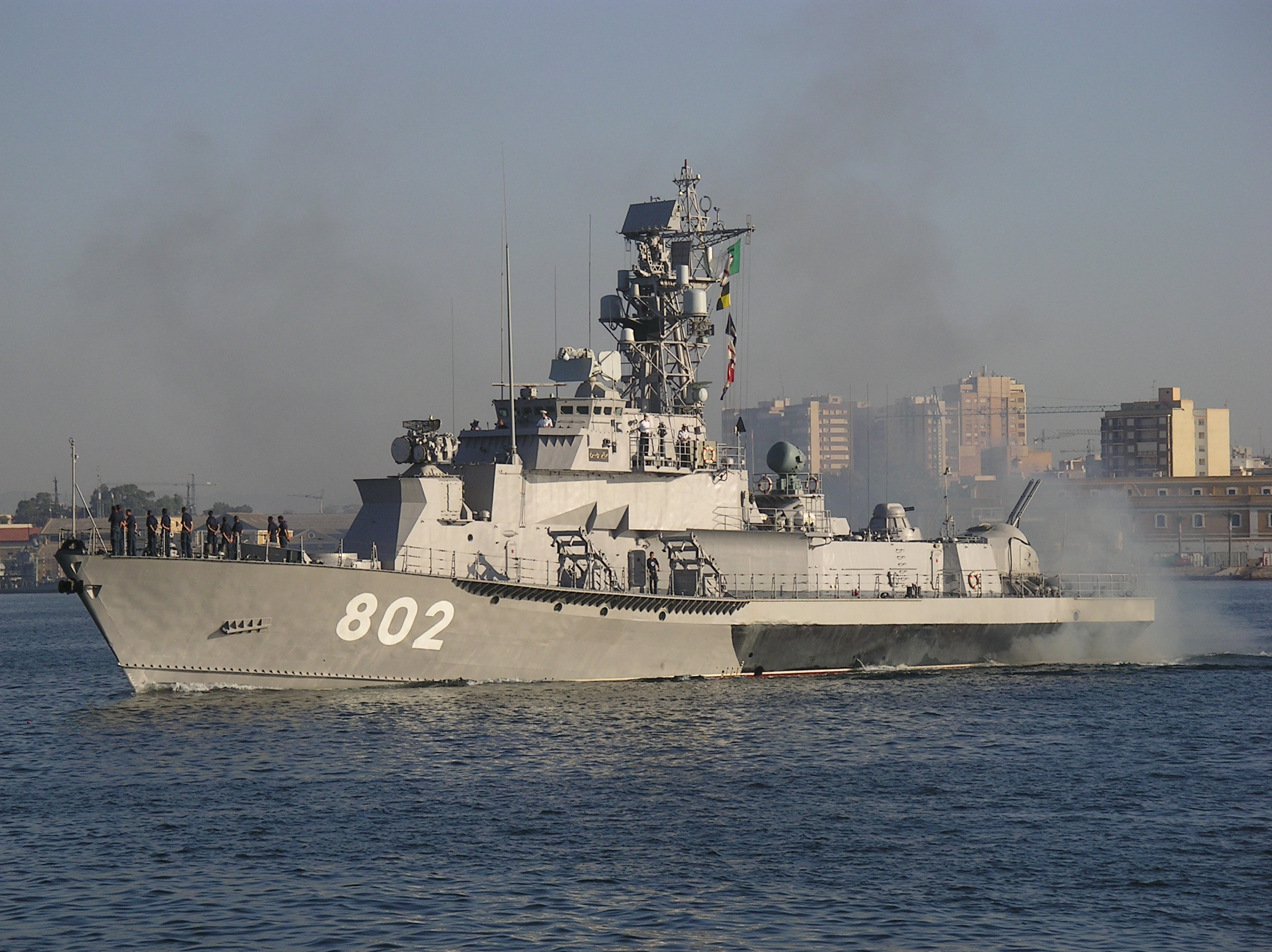Last week, Jordanian journalist Sara Obeidat wrote an article in which she discussed Jordan’s swift response to the disturbing immolation of fighter pilot Moath Kasasbeh at the hands of executioners from the self-proclaimed Islamic State in Syria and Iraq (ISIS). In that piece, Obeidat touches on the problematic nature of airstrikes against neighbouring Arab territories, the radicalizing effects of war on marginalized populations, as well as ‘legitimizing’ military operations by capitalizing on public sentiment. Her overarching argument warns that Jordanian retaliatory operations against ISIS could breed more extremism, entice terrorist threats within Jordan, and stain the memory and ‘honour’ of the late Lt. Kasasbeh.
Many of the points Obeidat brings to light are valid. After all, the Jordanian public did not demonstrate any support for its government’s involvement in the anti-ISIS coalition till after the gruesome video of Lt. Kasasbeh’s execution was widely circulated on the internet. However, some of her arguments fail to stand up to serious scrutiny. In an attempt to shed light on the effect of war on extremism, Obeidat places Lt. Kasasbeh’s execution in contrast to the 9/11 terrorist attacks, and the American invasion of Iraq in 2003 to the contemporaneous Jordanian involvement in the anti-ISIS coalition. To illustrate this parallel, Obeidat cites the back-pedalling done by American media once it was made perfectly clear that Saddam’s Iraq was, in fact, free of weapons of mass destruction (WMD).
This comparison flies in the face of all reason, due to the simple fact that Iraq had no hand in the 9/11 attacks, and the ‘mistake’ cited by American media sources did not lie in the repercussion of the invasion (which were, nevertheless, disastrous), but in the invasion itself. The distinction is crystal clear: the invasion of Iraq was unlawful and indefensible, and the implementation of governance structures in its aftermath was short-sighted. On the other hand, a Jordanian response to Lt. Kasasbeh’s execution is both legally valid and strategically sound.
There is no doubt that the illegitimate American invasion of Iraq and its aftermath fostered conditions that directly fed the flame which radicalized marginal groups within Iraqi provinces, undeniably contributing to the growth of ISIS. It is also quite evident that Bush administration officials exploited public anger following the 9/11 attacks to launch an unwarranted assault on a nation that was innocent of claims flung haphazardly at its doorstep. In this case, one could accurately and confidently say that the Bush administration was ‘legitimizing’ military action. In the case of a Jordanian retort to ISIS, however, this would not apply, since truly credible acts require no assertions of legitimacy.
Obeidat’s flawed argument stems from a perception that was rampant amongst Jordanians prior to Lt. Kasasbeh’s execution: that the fight against ISIS is an issue restricted, solely, to the West. Obeidat writes that supporting intensified Jordanian involvement ‘means allowing the government to assist the US in another one of its attempts to “combat” a force [it doesn’t understand].’ To designate the fight against ISIS as a purely American interest is not only inaccurate, but demonstrates a serious miscomprehension of the threat ISIS poses to Jordan, the Middle East, Islam and modern concepts of civilization and civil rights altogether.
 The unsettling video showing Kasasbeh’s immolation clearly struck a chord with the Jordanian population, as thousands marched in the streets of Amman demanding justice and retaliation. The footage, it seems, unveiled the notion that ISIS is a real menace to Jordan’s security and well-being and that its demise is synonymous with a stable Jordanian future and a true, untainted representation of Islam. Unambiguously countering the aforementioned misconception, Nasser Judeh and Hussein Al Majali, Jordan’s Foreign and Interior ministers, put it best when they explicitly proclaimed that this fight was ‘our war,’ not the West’s.
The unsettling video showing Kasasbeh’s immolation clearly struck a chord with the Jordanian population, as thousands marched in the streets of Amman demanding justice and retaliation. The footage, it seems, unveiled the notion that ISIS is a real menace to Jordan’s security and well-being and that its demise is synonymous with a stable Jordanian future and a true, untainted representation of Islam. Unambiguously countering the aforementioned misconception, Nasser Judeh and Hussein Al Majali, Jordan’s Foreign and Interior ministers, put it best when they explicitly proclaimed that this fight was ‘our war,’ not the West’s.
If there is an obstacle standing in the way of Jordan’s fight against ISIS, then it is logically the financial strain caused by the influx of refugees into Jordanian territory in recent years. Currently, official UN statistics place the number of Syrian refugees inside Jordan at nearly 650,000, while Jordan’s government maintains that the number has in fact exceeded the 1 million mark. Jordan’s economy was shaky prior to the eruption of violence within Syria in 2011, and the government is now struggling more than ever to provide Syrian refugees with services they desperately need and deserve.
Despite these frail attempts at advocating non-interventionism, Obeidat does put forward a concrete argument for the negative ramifications of war on political transparency, political participation and freedom of press. However, given the current situation and the continuous escalation of brutality within Iraq and Syria, Jordanians are faced with a choice: security or transparency. In that regard, it seems Jordanians have already made up their mind.
Section II of this series will explore potential approaches to degrading ISIS military and recruitment capabilities from within neighbouring Arab countries, specifically Jordan, as well as the internal socio-economic and ideological challenges that stand in the way of accomplishing this feat.




